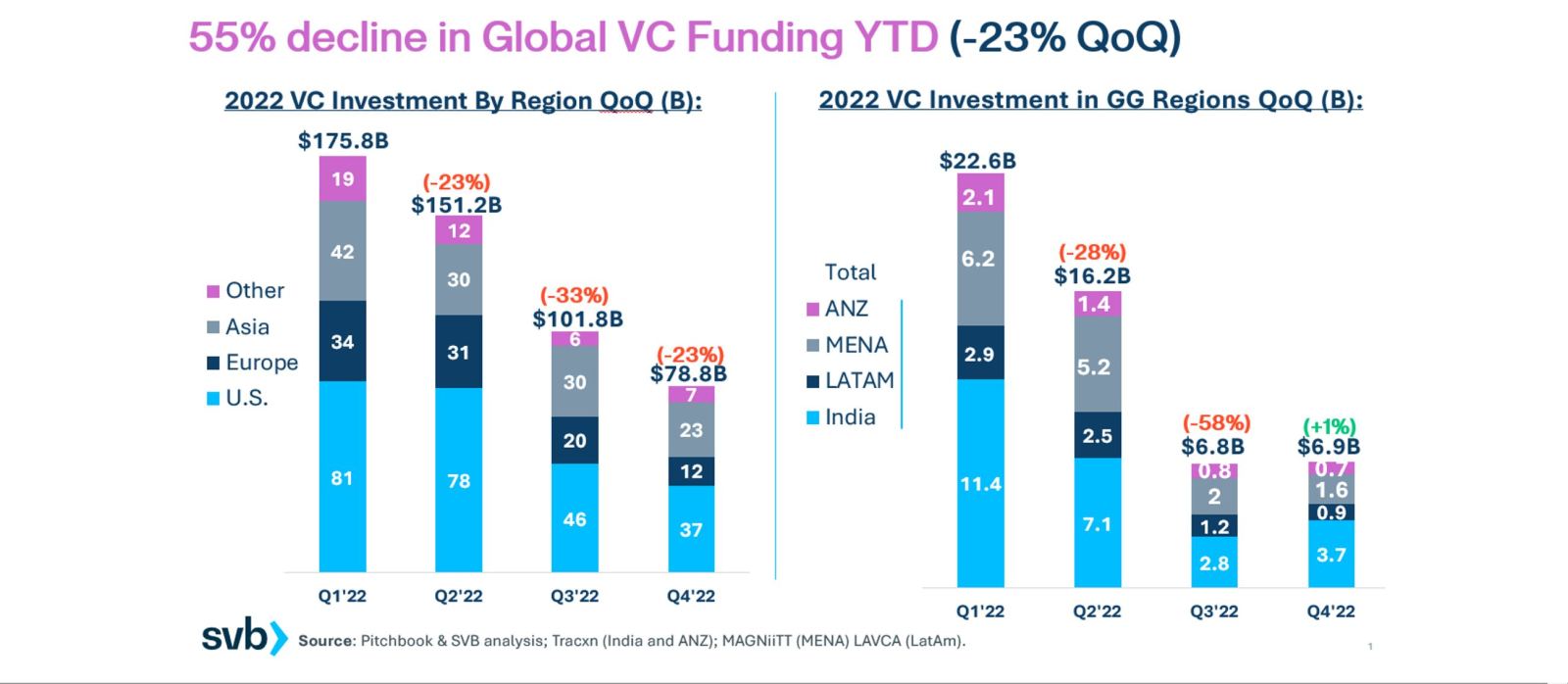This year will not be without risk, but a move “back to business as usual” will be a focus for banking at a time of positive interest rates.

Banking trends will feel the gravity of a return to positive interest rates after many years of low and even negative rates, which meant that money was “effectively free”, says Alex Trott, Banking Sector Lead, Accenture Australia and New Zealand.
He says deposit accounts are once again fuelling the industry, and balance sheets suddenly matter again.
Accenture’s Banking Top 10 Trends for 2023 says the next 12 months will still see disruption but could be a year that heralds a return to “business as usual”.
Rising interest rates will be “the rocket fuel that ignites” product innovation, says Trott, adding, “banks will quickly scrap their product silos and redirect their focus to the totality of their customers’ financial needs”.
Cost savings gained from closing branches came at the expense of personal relationships and a deeper understanding of the customer’s needs and intentions. Digitalisation has made customers more self-reliant and less afraid of switching loyalties.
“Banks will be inviting customers back,” says Trott, but the customer journey will be more tailored and purposeful and include non-financial products that help customers deal with challenges in housing, mobility and e-commerce.”
Moving into the metaverse
Trott says the metaverse will be one of the biggest trends in banking for years to come.
“It’s hard to imagine everything the metaverse will encompass and it’s still a way off, but the trajectory is emerging.”
– Alex Trott, Banking Sector Lead, Accenture Australia and New Zealand
Banking’s leadership and cultures must catch up to the new demands of a more mobile, in-demand talent pool. “In the year ahead, we expect to see more banks changing their talent strategy: acknowledging the realities of the employment market and taking a more deliberate approach to aligning talent with the demands of the business strategy.”
He says data will be treated like a product and help unlock the value it holds to help fundamentally change the way banking is done.
“The real opportunity for banks that organise their data as a product is to collect the information once and then use it repeatedly,” he says. ‘Customer insights could be unlocked to sell new products proactively, and AI could help relationship managers in real time to dramatically improve customer interactions.”
The role of fintech and digital-only banks is likely to diminish, and banks should be able to reassert themselves as the “rightful owners of banking” if they can develop or acquire market advantages and new technologies at reasonable prices and use these to enter new markets or expand their offerings.
Banks will need to upskill on the personalisation of their offerings and focus on customer “intent” beyond the initial customer “journey”.
Tackling legacy environments and creating modern banking operating systems for the next decades will be key to banks’ success in delivering more than their competitors.
Risk is back, and the race to net zero
Banks globally set aside around $834 billion in anticipation of a wave of credit losses due to the pandemic, but many came through relatively unscathed. However, the provision for an increase in delinquencies is up 9% on the same time in the previous year. “Clearly, banks believe the risk is back,” says Trott.
On top of all of these changes, Trott says that banks are under growing pressure – by regulators as well as the gamut of their stakeholders – to play a constructive role in reducing greenhouse gas emissions.
“They are expected not only to become carbon neutral in their own right but also to help … customers to transition to net zero. If these companies cannot or are reluctant to shrink their carbon footprint, banks will increasingly be expected to impose a risk premium or basically a higher cost of lending.”
Look back on the week that was with hand-picked articles from Australia and around the world. Sign up to the Forbes Australia newsletter here.


